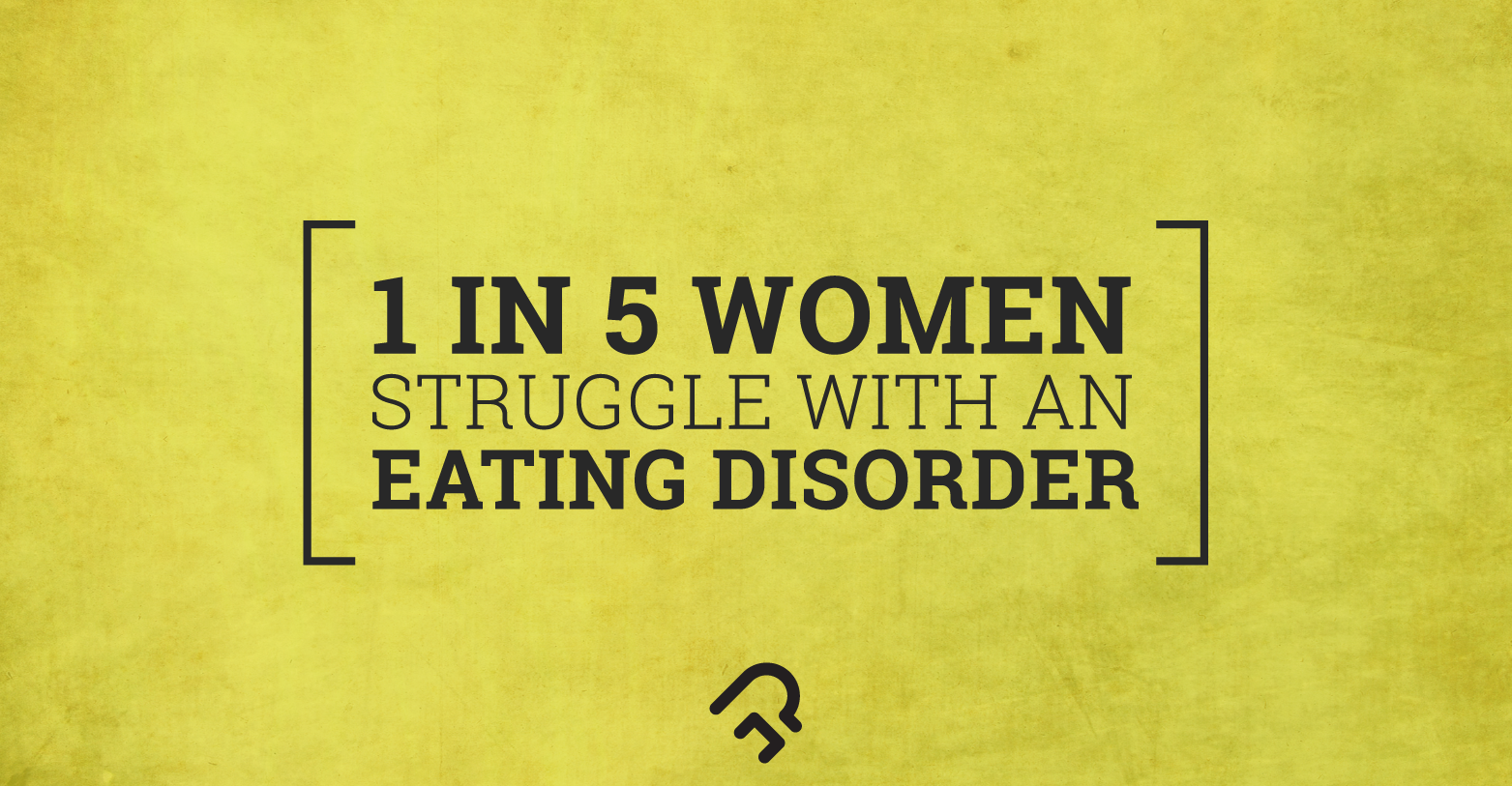Bulimia Nervosa : Understanding Eating Disorders
By Dhwani Jerajani +2 more

Download PharmEasy App




Register to Avail the Offer
Send OTPBy continuing, you agree with our Privacy Policy and Terms and Conditions
By Dhwani Jerajani +2 more
Bulimia nervosa is a psychological eating disorder characterized by repeated episodes of overeating and an obsession with the control of body weight. It is based on the patient’s dissatisfaction with their body image.
While they fear food, they consume it in huge quantities. Binge eating is in response to depression, stress and other feelings related to body weight and shape. Irrational eating brings a feeling of calmness but the self-loathing brought on by overeating soon replaces the short-lived euphoria.

Table of Contents
Bulimia nervosa is usually less about food and more to do with psychological issues and feelings of lack of control.
While there is currently no definite known cause, the psychosocial factors may include family disturbance or conflict, sexual abuse, maladaptive learned behavior, the struggle for control or self-identity, cultural overemphasis on physical appearance and parental obesity. Bulimia nervosa is commonly associated with depression, anxiety, phobias and obsessive-compulsive disorder.
Eating disorders have historically been a problem found in girls and young women. Seeing images of flawless, thin females everywhere makes women believe that ”thin” is good and that their worth is based on how slim they are.
If you have a mother or sister suffering from this condition, you are more likely to suffer from the same. Parents who think looks are important, diet themselves or criticize their children’s bodies are more likely to have a child with bulimia nervosa.
Genes, hormones and chemicals in the brain may be factors in developing bulimia nervosa.
Bulimia is associated with a number of physical symptoms. Binge eating by itself rarely causes serious medical complications but it is associated with nausea, abdominal distension and cramping, slowed digestion and weight gain.
Self-induced vomiting, on the other hand, may have severe medical consequences, including:
Other physical symptoms associated include irregular menstrual periods or amenorrhea; petechiae (pinhead-sized bruises from capillaries ruptured by increased pressure due to vomiting) in the skin around the eyes and rectal prolapse (the lowering of the rectum from its usual position).
Also Read: What is Trypophobia: A Deep Dive into the Fear of Holes
To manage the binge and purge process, it is extremely essential to seek medical help. The most effective way to get rid of bulimia nervosa is both psychological and medical treatment.
As a possible first step, patients should be encouraged to follow an evidence-based self-help program. As an alternative or additional first step to using an evidence-based self-help program, adults may be offered a trial of an antidepressant. Cognitive behavior therapy should be offered to adults with bulimia nervosa.
Also Read: How to Stop Binge Eating: Research-Based Strategies for Overcoming This Habit
Disclaimer: The information provided here is for educational/awareness purposes only and is not intended to be a substitute for medical treatment by a healthcare professional and should not be relied upon to diagnose or treat any medical condition. The reader should consult a registered medical practitioner to determine the appropriateness of the information and before consuming any medication. PharmEasy does not provide any guarantee or warranty (express or implied) regarding the accuracy, adequacy, completeness, legality, reliability or usefulness of the information; and disclaims any liability arising thereof.
Links and product recommendations in the information provided here are advertisements of third-party products available on the website. PharmEasy does not make any representation on the accuracy or suitability of such products/services. Advertisements do not influence the editorial decisions or content. The information in this blog is subject to change without notice. The authors and administrators reserve the right to modify, add, or remove content without notification. It is your responsibility to review this disclaimer regularly for any changes.
Comments